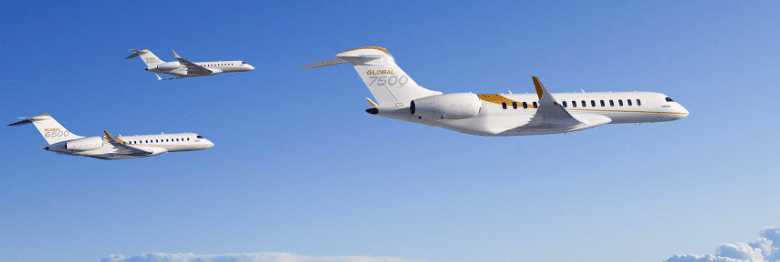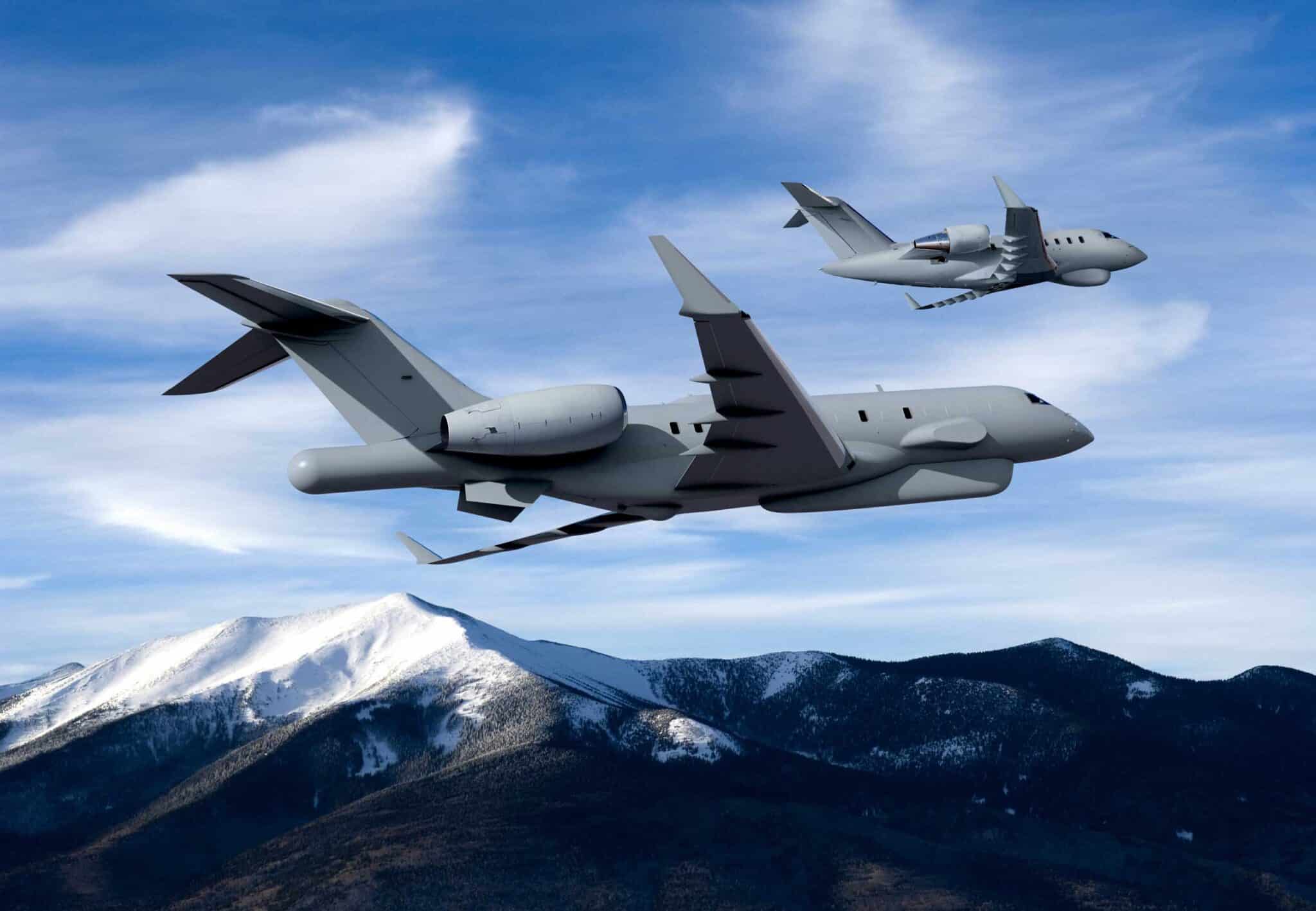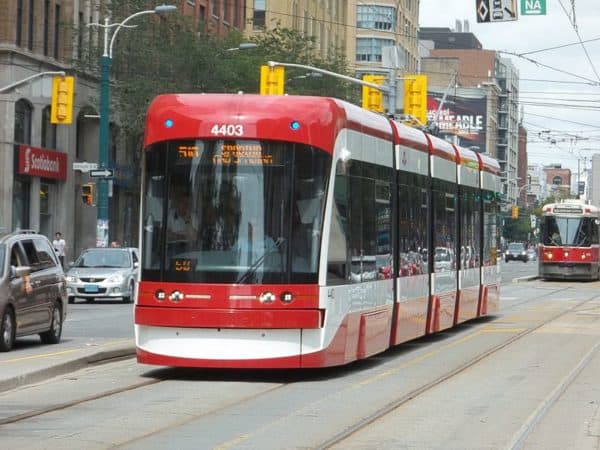Don’t touch BBD.B stock, this portfolio manager says

Too many questions and not enough answers, that’s the skinny from portfolio manager Darren Sissons on Canadian plane-maker Bombardier (Bombardier Stock Quote, Charts, News, Analysts, Financials TSX:BBD.B).
The stock has done well for investors who got in at the right time over the past year and a half, with Bombardier’s share price going from as low as C$0.28 in October 2020 to now C$1.75.
But there’s little reason other than pure speculation to be betting on this company, according to Sissons, partner at Campbell, Lee & Ross, who spoke on BNN Bloomberg on Friday.
“It’s obviously a troubling one for Canadians wanting national champions because it really does have the potential to be a great national champion,” Sissons said. “But I really don’t understand what the company’s management are doing in selling off assets, they’re resizing the business. It’s a real change,” Sissons said.
Montreal-headquartered Bombardier reported its fourth quarter and full-year 2021 financial results on Thursday, showing revenue of $6.1 billion for the year with its business jet business now making up almost all of those sales at $6.0 billion, up seven per cent year-over-year. (All figures in US dollars except where noted otherwise.)
Bombardier has undergone a thorough makeover during the past few years, shedding businesses to help pay down its debt. The company handed over its C Series plane program to Airbus, sold its train-making business to Alstom and its CRJ jet program to Mitsubishi, effectively leaving all its eggs in the one basket of commercial business jets. So far, that move has paid off, as the global demand for private flying has shot up just as the airline industry as a whole keeps reeling from the COVID-19 pandemic.
Bombardier’s numbers tell the tale, with the company saying the backlog for its Global and Challenger jet series is now up to $12.2 billion compared to $10.7 billion a year earlier. Management has guided for revenue from business jets to hit $6.5 billion this year as it aims to deliver more than 120 planes in 2022, with the longer call for between 138 and 144 aircraft in 2023. Bombardier generated free cash flow from operation sof $100 million over the 2021 year, while the fourth quarter featured adjusted EBITDA of $113 million compared to a loss of $165 million a year for the Q4 2020.
“Everyone at Bombardier can be proud of what we achieved as we set out to execute the plan we outlined in March 2021,” said Éric Martel, President and CEO, in a press release. “Overall, the 2021 results are proof that our plan gave us both the structure and the agility to manage any outside obstacles and capitalize on a faster-than-expected industry recovery.”
Overall, Bombardier has been a disappointment for investors over the past decade, dropping in fits and starts from about C$4.00 per share ten years ago. Canadian shareholders can feel doubly done in by Bombardier which has taken in billions in government aid over the years to prop up its businesses.
The quarterly and yearly results may be looking brighter but Sissons is still unconvinced that Bombardier has what it takes.
“It’s a classic value story. We may see that ultimately the plan is going to be fantastic and the company’s going to turn around, but there are too many moving parts there for me right now and the stock is just not performing well,” he said.
“I think it’s a couple of years until we’ll see whether or not management’s initiatives have actually been successful and thereafter we can look and see with a new lens and whether it makes sense to buy it,” Sissons said. “But right here I would not touch Bombardier myself. I think it’s time to stay away.”



